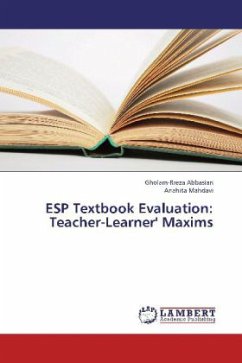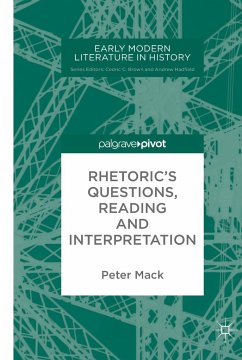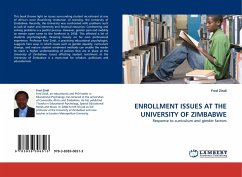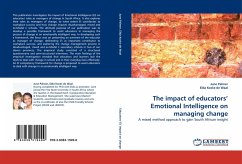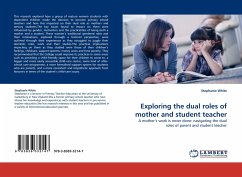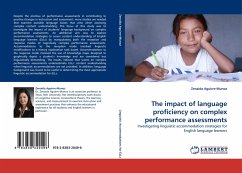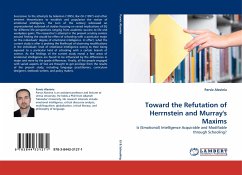
Toward the Refutation of Herrnstein and Murray''s Maxims
Is (Emotional) Intelligence Acquirable and Modifiable through Schooling?
Versandkostenfrei!
Versandfertig in 6-10 Tagen
32,99 €
inkl. MwSt.

PAYBACK Punkte
16 °P sammeln!
Successive to the attempts by Goleman (1995), Bar-On (1997) and other eminent theoreticians to establish and popularize the notion of emotional intelligence, the turn of the century witnessed an unprecedented outbreak of studies focusing on varied implications of EQ for different life perspectives ranging from academic success to life and workplace gains. The researcher's attempt in the present scrutiny centers around finding the would-be effect of schooling with a particular major on the individuals' degree of emotional intelligence. In effect, what the current study is after is probing the l...
Successive to the attempts by Goleman (1995), Bar-On (1997) and other eminent theoreticians to establish and popularize the notion of emotional intelligence, the turn of the century witnessed an unprecedented outbreak of studies focusing on varied implications of EQ for different life perspectives ranging from academic success to life and workplace gains. The researcher's attempt in the present scrutiny centers around finding the would-be effect of schooling with a particular major on the individuals' degree of emotional intelligence. In effect, what the current study is after is probing the likelihood of observing modifications in the individuals' level of emotional intelligence owing to their being exposed to a particular kind of schooling with a certain branch of science. As the findings of the current study reveal a few areas of emotional intelligence are found to be influenced by the differences in major and none by the grade differences. Finally, all the people engaged withvaried aspects of SLA are thought to get privilege from the results of the present study, including language practitioners, curriculum designers, textbook writers, and policy makers.




